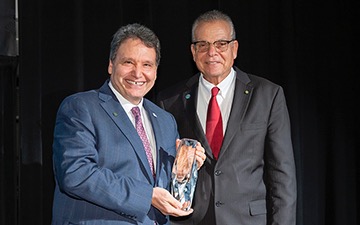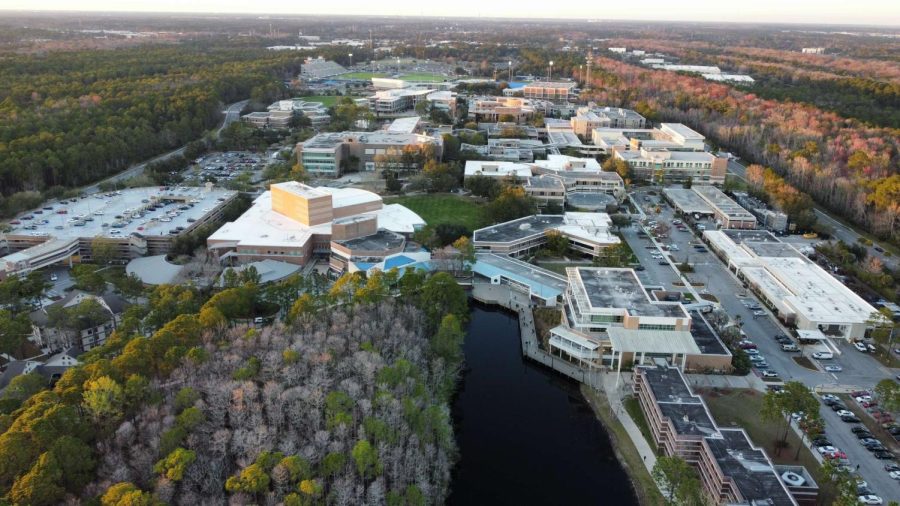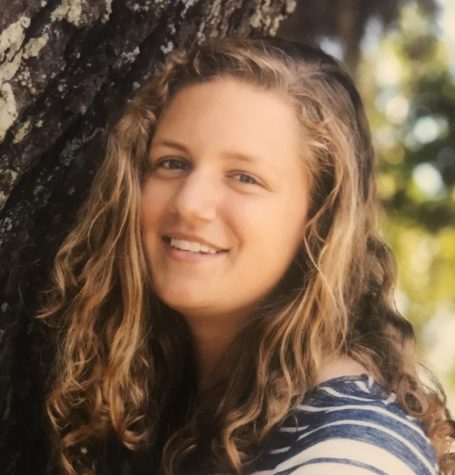For the first time since the 1980s, Deesha Philyaw visited UNF to read sections of her book to her hometown. The Secret Lives of Church Ladies was published in 2020 as Philyaw’s first work of fiction. The collection of short stories is currently being adapted into a show for HBO co-written by Philyaw and executively produced by Tessa Thompson.
In an exclusive interview with Spinnaker, Philyaw shared her inspirations, creative process, and advice for college students.
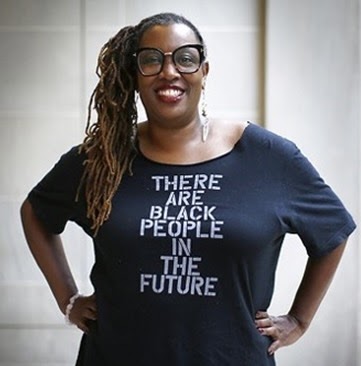
As an author who was raised in Jacksonville, how has Jacksonville shaped and inspired your writing, especially when conveying the ideas of home?
“Jacksonville, even though it’s not named, is all through my collection. A lot of the stories are really driven by nostalgia and memory… I still identify primarily as a Black Southerner because culturally that’s still who I am, and it shows up in the stories,” Philyaw shared.
To Philyaw, Jacksonville will always be home. Philyaw has lived in Pittsburgh longer but feels forever attached to Jacksonville through nostalgia, childhood memories, and ideas of home. During the reading, Philyaw read a section of her story “Eula” for the first time because of a shared cultural reference to Publix.
Which story from the collection was your favorite to write?
Philyaw’s favorite story to write was “How to Make Love to a Physicist” because she could convey feelings of comfort through food and sensory imagery. The scientific research excited Philyaw as she went outside her comfort zone and “nerded out” to explore a different field of knowledge.
“I also reached out to my physicist friend and questioned him… about how he reconciled his understandings as a scientist and then having been raised Catholic, and some of our conversation became the conversation between the characters.”
In “How to Make Love to a Physicist,” what inspired the juxtaposing ideas of religion and science as a way to express deeper philosophical ideas?
“Many of us have been raised to think that there is this juxtaposition, and that science and religion aren’t compatible, that they are somehow mutually exclusive, and I have always been curious about that question,” she answered.
Philyaw’s goal was not to concretely define beliefs, but to raise more questions than it answers to encourage the reader to think deeply. She believes there is value in questioning beliefs and assumptions.
Philyaw explained: “I wanted to look at this idea that people aren’t always what they seem or what we think they are, or they are more than sometimes what we think. People hear ‘church ladies’ in the title and they get a certain image in mind and then I think they come away from the book going ‘Oh. That’s not what I thought at all.’”
The characters in your stories feel real and have distinct voices. What was your writing process when constructing these characters?
“In the collection, what often happened was a lot of remembering… I was fortunate to be around these really interesting, funny women… there was just so much power in their words and how they spoke and the stories they told.”
Philyaw combined the different voices she heard throughout her childhood to create new characters. She focused on the voices of Black women from her childhood wondering what they were like outside of her gaze. Philyaw believes anyone can resonate with the characters because they convey shared human emotions of love and betrayal while also sharing an emotional connection to home.
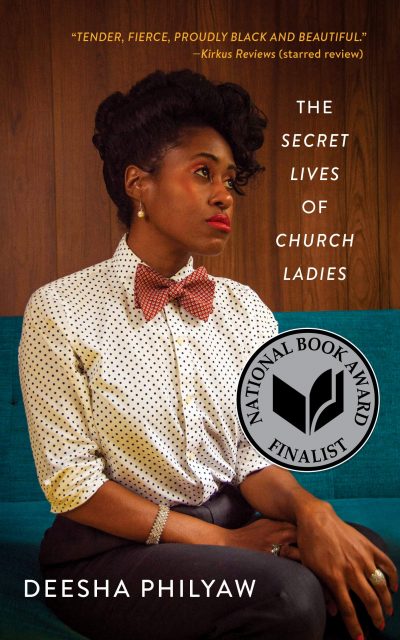
Philyaw was inspired by her grandmother: “My grandmother was a storyteller, and she would tell family stories or really corny jokes, and she would tell the same ones over and over again. The beauty of that is that I could commit them to memory and just know the sound of her voice.”
Lastly, do you have any advice for college students on pursuing passions?
“Your story is ongoing, and what you are interested in right now is not what you’re going to be interested in, necessarily… ten years from now or even five years from now. It’s okay to change your mind. It’s okay to not know. It’s okay to try things on and see if they fit,” Philyaw shared.
At Yale, Philyaw majored in economics before drastically altering her career path when she began writing at 30. The Secret Lives of Church Ladies was not published until Philyaw was 49. In college, she felt economics was practical, yet it was not her passion. Philyaw reminisced on her first job out of college as a management consultant, where she quickly realized that career path was not for her. She realized passions can change and take a while to be figured out.
“Everything feels urgent right now, but if we’re fortunate we get a long life, and we can explore and get to know ourselves and what we want to do in the world over the course of that life,” Philyaw concluded.
___
For more information or news tips, or if you see an error in this story or have any compliments or concerns, contact editor@unfspinnaker.com.









